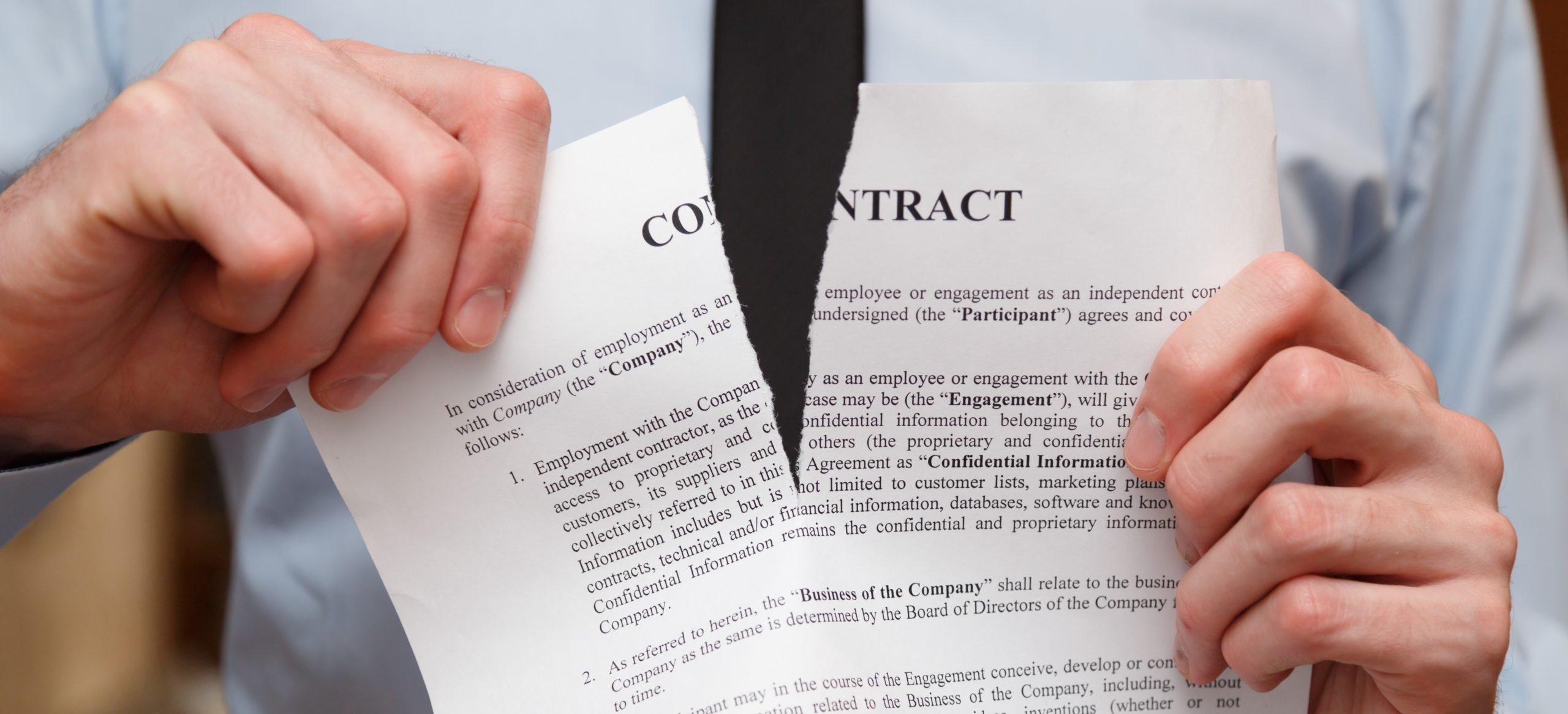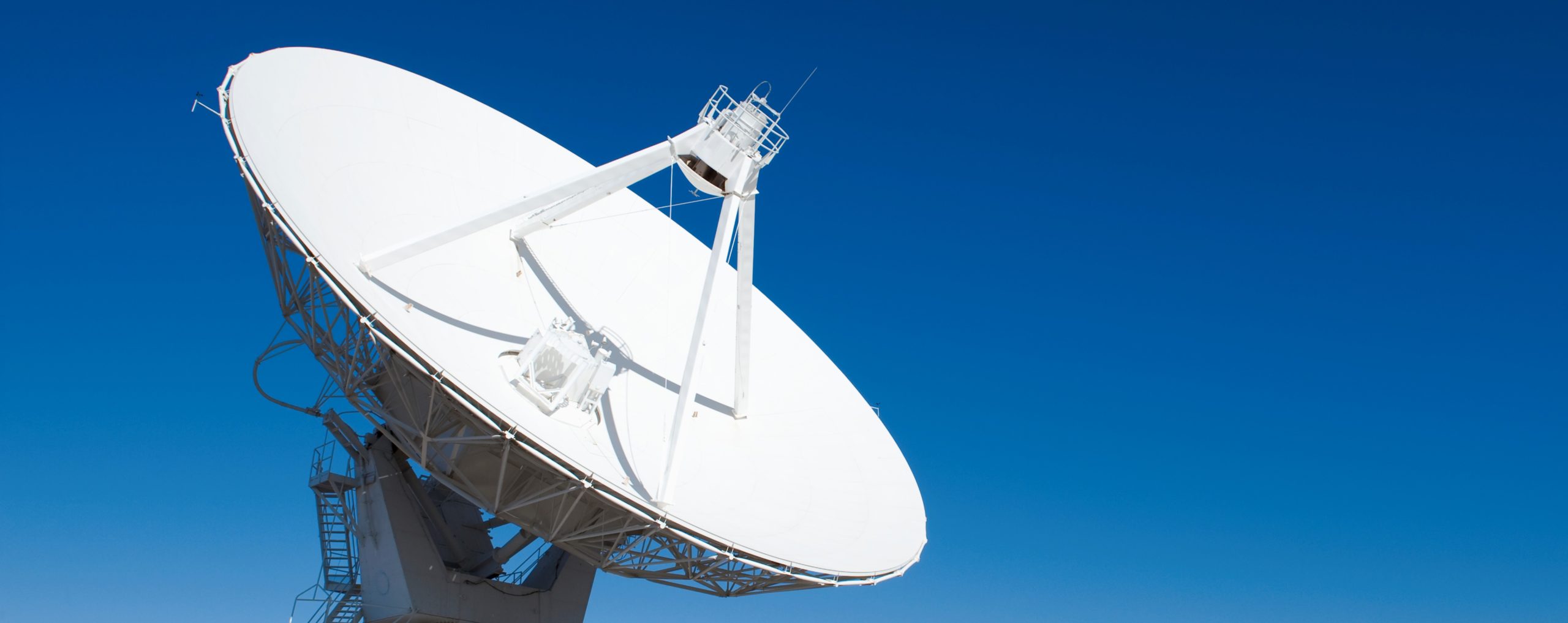One of the trickiest decisions about two-way radios is clarifying which specific models have the features you and your team depend on. Getting those radios licensed with the FCC should be the easy part, and it can be — provided you leave licensing complexities to the professionals.
Radio Basics: Organizing required Paperwork
What information does the FCC require?
- Business Name
- Address
- Federal Tax ID
The FCC needs to know how many radios you are buying (or using) as well as the latitude and longitude in which they will be operating. If you are installing a large network, the FCC will need to know about your base stations, repeaters, and tower heights. There are all sorts of fine-print requirements that are easy to overlook (Fun Fact, the FCC must have your email address, because approved licenses are delivered electronically, not by traditional mail.) That is why the FCC works with official coordinators who work as intermediaries between the users and the regulators.
The coordinators at All Points Wireless take all the essential data from our customers and compare it to entries in the FCC database. That way the coordinator can pick the most available frequencies, which are the ones least likely to experience or create interference with other users. Since the airwaves are shared, you may never have them all to yourself, but the coordinator can limit or even eliminate the most significant conflicts. For instance, the duty of official FCC coordinators, if your business is next door to a huge manufacturing factory, you will not have to communicate with your staff on the same channels used by the manufacturing plant’s security guards.
How Much Does FCC licensing Cost?
The cost of an FCC license involves three fees:
- Directly to the FCC
- FCC coordinator
- Dealer of FCC license
For example, fees for a small setup of a half-dozen radios might total only a few hundred dollars. It is about the cost of a single portable radio; and the license does not require renewal for 10 years. Think about it, if you can afford to purchase the radios, you can afford to purchase the required license.
It is possible to work directly with an FCC coordinator, but you are better off letting your dealer handle it. Dealers know you do not want to hassle with a lot of regulations, so they try to keep their application fees reasonable. Your two-way radio dealer should also know every radio, repeater, and antenna in your configuration, so they can batch and forward everything in the coordinator’s favorite format, thereby streamlining the process. Plus, the dealer can store all your records in one place.

What’s Next after I Apply?
The FCC may take up to 6 months to process the application. These lead times can limit how soon you can get your network up and running. However, in most cases, applicants can begin operating 10 business days after the certification date while waiting for the approval to come through. This all-important certification date can be provided by the FCC coordinator you are working with. Once the approval is received, you are required to file a “construction letter” with the FCC telling the agency that you have in fact installed the system for which you applied. Again, your dealer can help make sure this gets taken care of properly. After that, it is just a matter of renewing your license every 10 years. The real value of licensing is more than staying within the letter of federal laws and avoiding ruinous penalties. It is about being good neighbors and recognizing that the system works best when everybody follows the rules.
All Points Wireless Can Help!
At All Points Wireless, we have a department devoted to FCC licensing applications. Depending on the type of license needed, we work with various coordinators who serve as advisers and liaisons with the federal agency. In addition, as part of the FCC services that we offer to our two-way radio customers, All Points Wireless keeps archived records for future reference. For assistance with your FCC licensing, contact Support Services at 801.679.9865 or email: APWireless@outlook.com
Why Going Unlicensed is Not Worth the Risk

Every market has rule-breakers, those people who cannot be bothered with getting their two-way radios licensed by the FCC. Even though the product packaging states explicitly and plainly that FCC licenses are required for most two-way radio configurations, it is too common for people to ignore the requirements. Perhaps, if you keep your head down and stay out of trouble, you it is possible to be able to use unlicensed radios for years. If your signals are not interfering with anyone else’s, there is a chance the FCC will never find out. The truth is, going unlicensed is not worth the risk.
What Can Go Wrong if Your Radios are Unlicensed?
Let us imagine that you run a small mining business in your town, and you need a few mobile radios in your trucks and half-a-dozen portables for your work crews. If the FCC does not know you are using these radios, it could assign the channels you depend on to someone else without warning. One day your radios work fine, but the next day you cannot get through because other people are using those same channels. And you have no recourse because you are operating outside the law. If you have your license, the FCC will do its best to make sure your frequencies do not overlap with someone else. There are only a finite number of channels for others to use and conflicts can easily happen, but the licensing system works far better than trying to fly under the radar and hoping for the best.
What Happens if You Get Caught?
In the case that you are using unlicensed radios from the start until somebody gets assigned your frequency, and they file a complaint against you because your employees are stepping on their transmissions. Since that is not your assigned frequency, you can no longer use it and your transmission on it is forbidden by federal law. The party who has been assigned your frequency is legally in the right if they report you to the FCC and you not only lose that frequency, now you are in a bind to find a replacement. Normally the FCC will simply mail you a Cease-and-Desist letter demanding that you stop using the radios illegally until you get your license. If you do not respond in a timely manner, the FCC could decide you are willfully disobeying the law. You can be fined thousands of dollars each day, enough to hinder your business if you own a small company.
Could I Just Use One of Those Unlicensed Radios?
The inexpensive walkie-talkies you take on hikes or shopping trips are not built for commercial use and have extremely limited range and functionality. The FCC has set a few channels aside for these radios, but you would not have channels reserved for your business. You would have to share the airwaves with others who have no regard for your need to serve your customers and make a profit. It is worth noting that some two-way business radios operate on MURS frequencies or the ISM band that do not require licensing. While these radios may be adequate for light-duty use in some enterprises, they generally do not provide the functionality and durability needed for most professional uses. Forget about using ham radios, as they require a license, too. The hobbyists and enthusiasts who sustain the ham radio industry are zealous guardians of their channels. Since business use of ham channels is forbidden, if you try to use ham channels for commercial purposes, it is likely you will be reported to the FCC.
What if You Don’t Want to Hassle with the Federal Government?
Dealers are an excellent resource to work through the process for you. And generally, the life of an FCC license is 10 years. When you get your two-way radios from All Points Wireless, your salesperson can not only help you pick the right radios, but our team can also work with intermediary coordinators to figure out the cleanest possible spectrum(s) for you to use. As the end-user customer, you simply fill out some basic paperwork. Once the intermediary clears the channels with the FCC, which generally approves the submission (when done properly), All Points Wireless can program the right channels into your radios, and then you are all set. Additional information about FCC Licensing Services.
For assistance with your FCC licensing, contact Support Services at 801.679.9865 Or, email: APWireless@outlook.com


